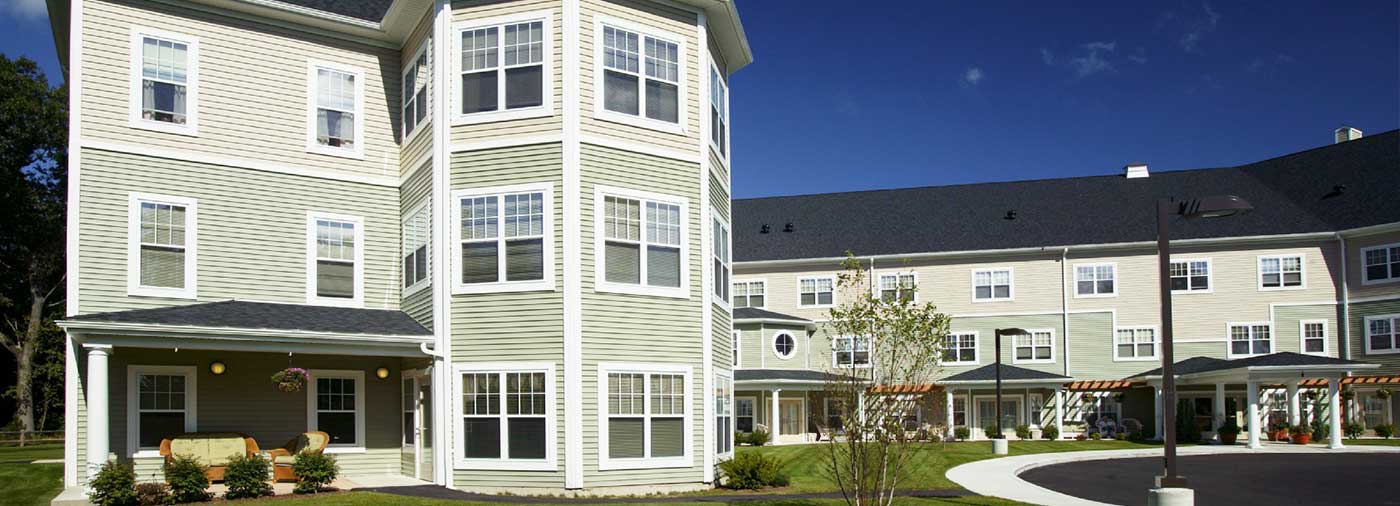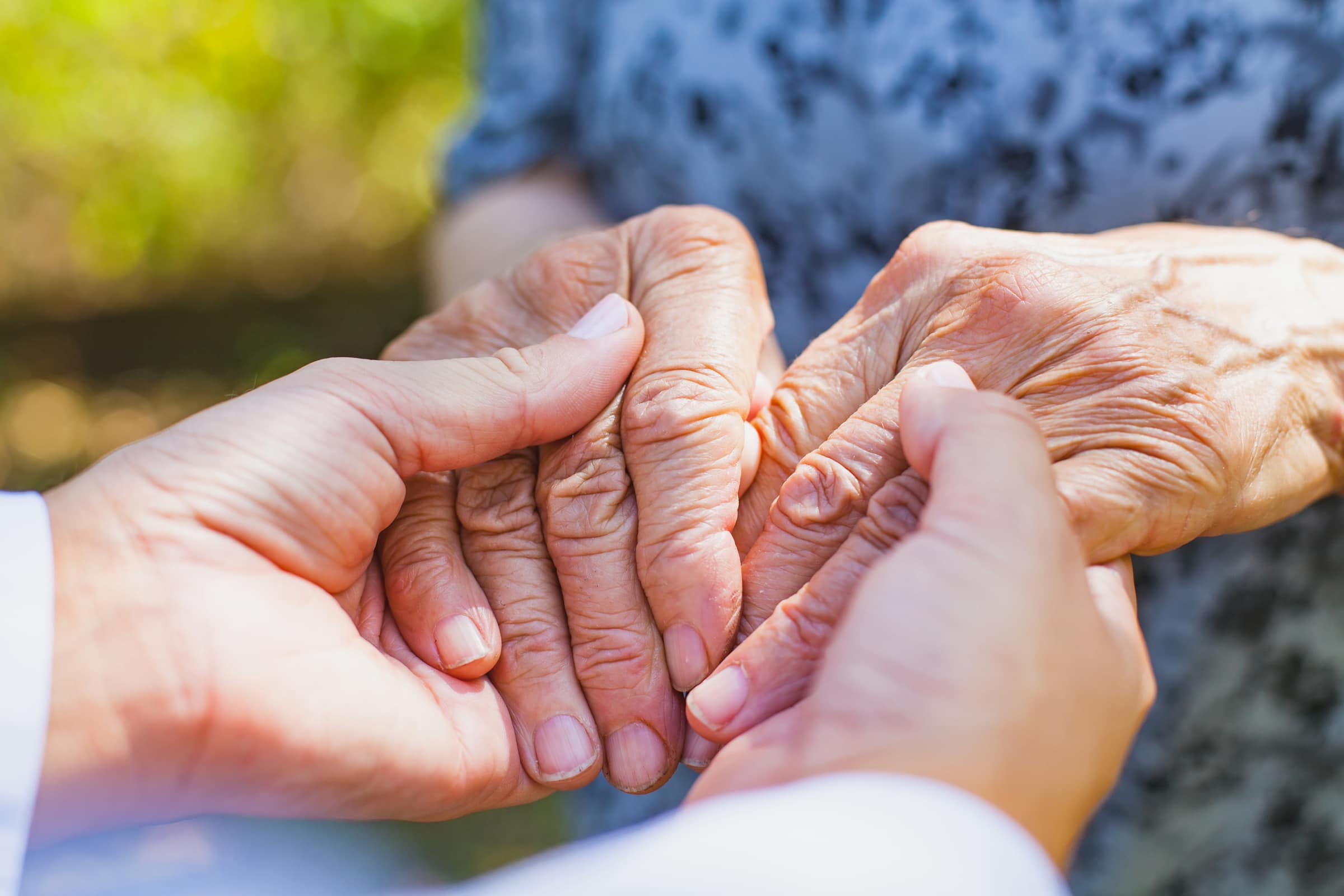The demands and responsibilities that come with caring for another person with Dementia, Alzheimer’s or other health conditions can become overwhelming. Even dedicated and well-meaning caregivers can be affected by a common condition known as caregiver burnout (also known as caregiver stress). Respite care provides short-term, professional support services for seniors and their families.
The Negative Effects and Consequences of Caregiver Burnout
Think of respite care as a mini break or vacation from your caregiving responsibilities to recharge your batteries, and indulge in some much- needed self-care. Caregivers must balance the needs of another with their own responsibilities and personal needs and health, which often take a backseat.
Unlike medical and nursing professionals, who perform their work in shifts and get to “punch out” at the end of a difficult day, personal caregivers are essentially “on call” all day, every day. Eventually, the stress associated with long-term caregiving can become overwhelming, leading to burnout.
According to the American Heart Association, burnout results from long periods of taking care of an aging parent, or other relative or friend without a break. In addition to affecting your relationship and the quality of support you can offer, the cumulative stress of caregiving can also have serious effects on your own mental and physical health and well-being.
Are You Suffering from Caregiver Burnout? Recognizing the Signs and Symptoms
Everyone experiences and handles stress differently, and some people are more equipped to handle ongoing stressful situations than others. The most common symptoms of burnout are mood swings, depression, fatigue and loss of interest in social and personal activities and relationships. AARP and the American Heart Association advise caregivers to be on the lookout for the following symptoms:
- Feelings of anger and irritability, followed by sadness and helplessness
- Emotional outbursts/loss of control
- Loss of appetite or overeating (“stress eating”)
- Getting sick more than usual
- Neglecting personal hygiene/grooming
- Social isolation
- Insomnia
- Difficulty concentrating
- Missing appointments
- Losing interest in caring for or having temporary feelings of resentment towards your parent or another you assist
- Abusing alcohol or controlled substances
Primary or sole caregivers are especially at risk for burnout. The good news is that respite care has been shown to be helpful for both caregivers and the person for whom they are caring.
The Benefits of Respite Care for Caregivers and Seniors
Respite Care is another valuable tool available for seniors and their families. In addition to offering a much-needed break to the caregiver, it also has many benefits for seniors in the form of a change of scenery and environment, engagement with new activities and community, and alleviating their own feelings of stress, loneliness, and isolation.
Some of the many benefits include:
- Professional support for both senior and caregiver
- Opportunities for caregiver to replenish and indulge in much-needed self-care
- Preventing friction and tension between caregivers and their loved one
- Relieving stress, anxiety, and depression
- Improving emotional and physical health and well-being
Respite Care: What are Your Options?
There are many different types of available for every situation, such as:
- Short-term residential resources
- In-home care
- Adult day health
- Memory care
- Rehab and skilled nursing services
- Companionship services
Whether the need is to take off for a few hours, days, weeks or even a month or two, there are many levels of support available for every situation.
If you or someone you care about are experiencing temporary caregiver burnout, you are not alone. For more information about the benefits of respite care and how it can enrich a senior’s quality of life, contact SALMON Health and Retirement to learn about assisted living, memory care, rehabilitation and skilled nursing and in-home care resources.




